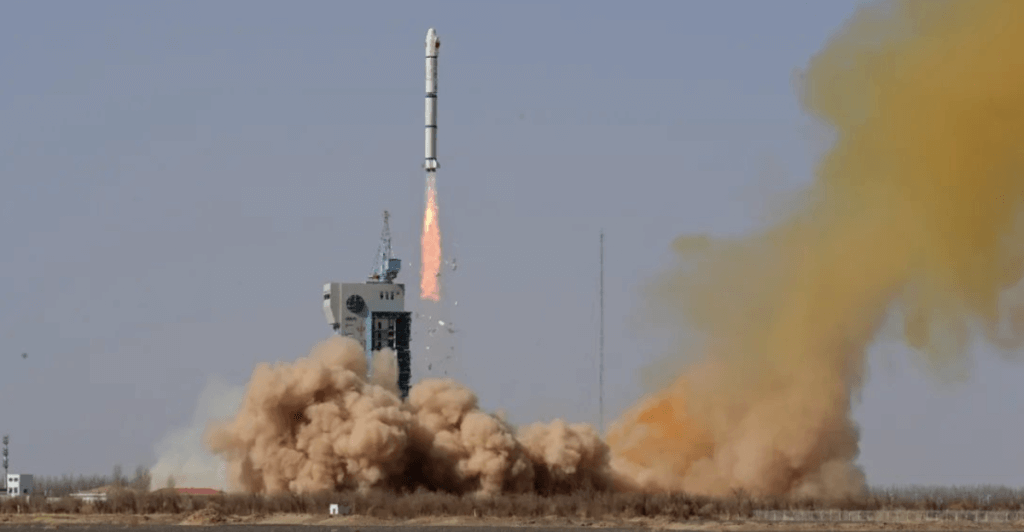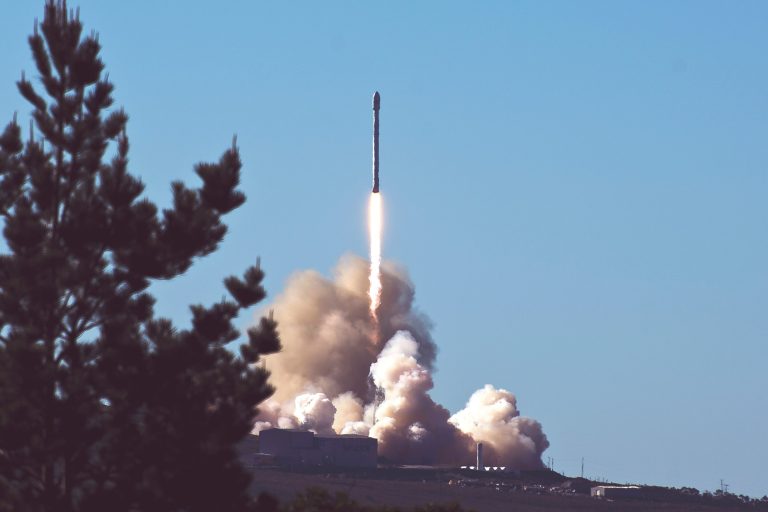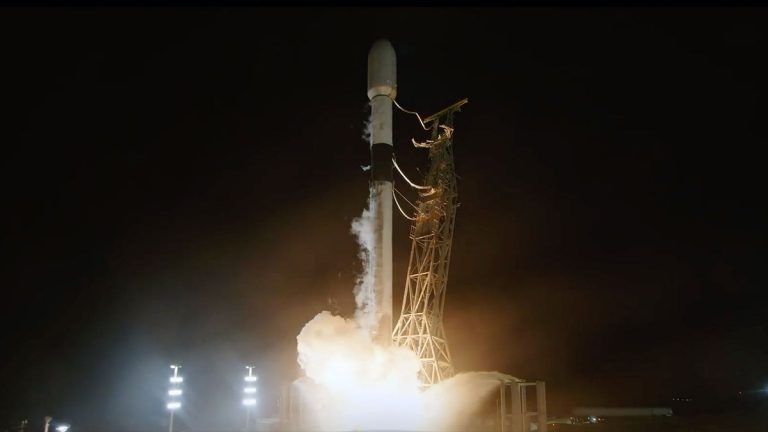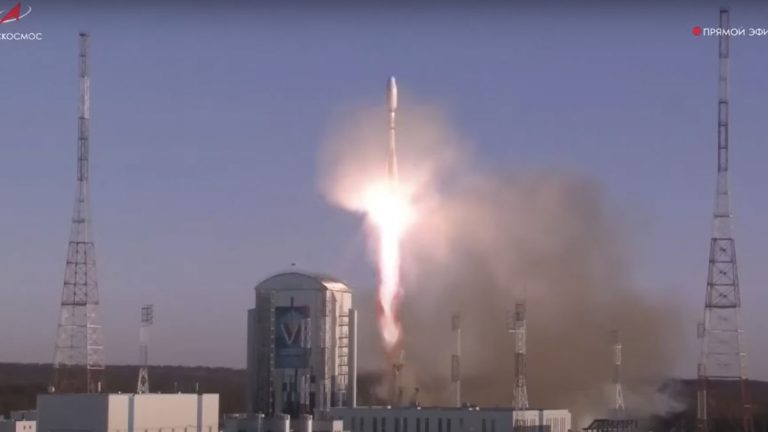
China launches 2nd Horus remote-sensing satellite for Egypt (video) (Image Credit: Space.com)
China has launched a second remote-sensing satellite for Egypt, just weeks after lofting the first in the series to orbit.
A Long March 2C rocket lifted off from Jiuquan Satellite Launch Center in the Gobi Desert at 12:02 a.m. EDT on March 13 (0402 GMT, or 12:02 p.m. Beijing time). Orange exhaust pushed the rocket off the pad, with insulation tiles falling away as the rocket climbed into the sky.
The Horus 2 Earth-imaging satellite and the rocket’s second stage were later tracked and cataloged in a sun-synchronous orbit almost identical to that of the Horus 1 satellite, which launched on Feb. 24.
Related: The latest news about China’s space program

Both satellites are now in sun-synchronous orbits with an average altitude of 308 miles (496 kilometers). No specifications for the Horus remote-sensing satellites have been released.
CelesTrak has GP data for 2 objects from the launch (2023-032) of HORUS 2 atop a Long March-2C rocket from Jiuquan Satellite Launch Center on Mar 13 at 0402 UTC: https://t.co/IWjZHtJk2J. Data for the launch can be found at: https://t.co/V5EVL33C5q. pic.twitter.com/SGUrPf8L7VMarch 13, 2023
Egypt Independent reported (opens in new tab) the head of the Egyptian Space Agency (EgSA), Sherif Sedky, as saying that the Horus 2 satellite will help meet requirements of Egypt’s 2030 vision for sustainable development and is part of strategic cooperation between Egypt and China.
China, meanwhile, aims to launch at least 200 spacecraft on more than 60 planned launches in 2023. These include two crewed missions to the nation’s Tiangong space station, supported by a Tianzhou cargo spacecraft mission.
Follow us on Twitter @Spacedotcom (opens in new tab) or on Facebook (opens in new tab).








